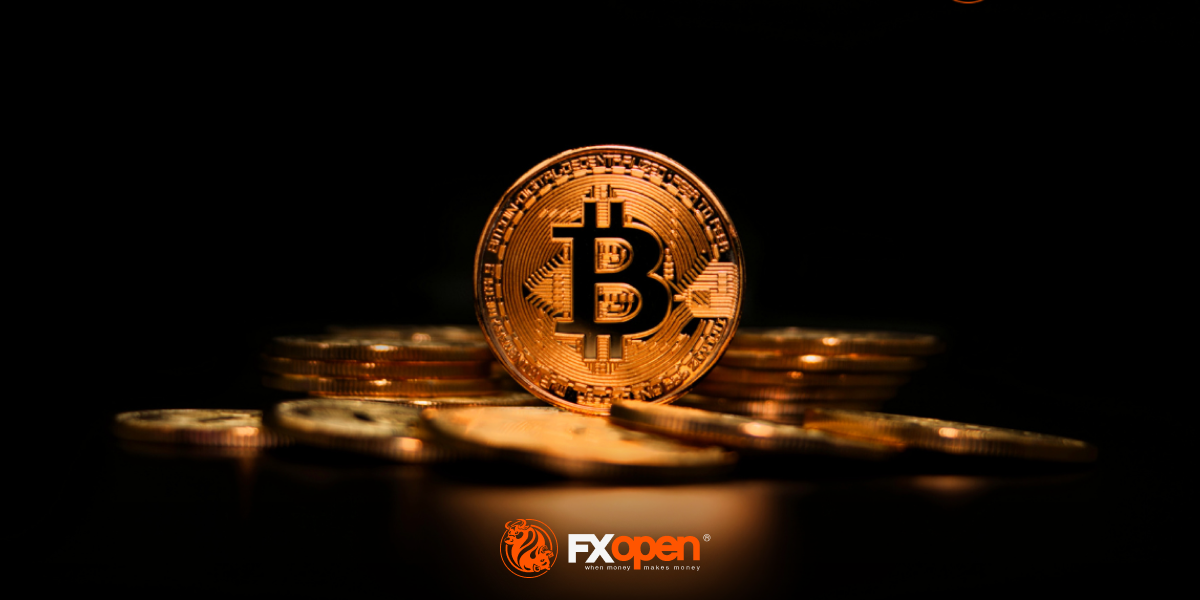FXOpen

One of the most spectacular market rallies this year formed on the oil market. After the dip below the zero level in April 2020, the price of oil rallied to $68 in March 2021.
The move higher comes in line with rising global demand as the global trade volume reaches pre-pandemic levels. However, the price of oil is higher now than the pre-pandemic levels and triggers expectations of higher inflation ahead.

Oil and Inflation – Why Should Traders Care?
The problem with higher oil prices is that they trigger higher inflation expectations. As such, central banks are forced to intervene because they all use inflation as part of their mandate. More precisely, higher inflation above a central bank’s target leads to the central bank rising the interest rates. Hence, the currency market is the first one to be impacted by a move in the price of oil. Because traders try to anticipate the moves well ahead, the volatility in the currency market increases with the volatility in the oil market.
Last week’s drop of over 7% on a single trading day spooked some investors, but the price of oil found strong support at the $60 level. Moving forward, the focus shifts to the OPEC+ meeting scheduled at the start of April.
While the global oil demand increased in the last months as more economies reopen after lockdowns generated by the pandemic, there is still room to go. At current levels, demand is still less than pre-pandemic levels, so the price of oil may make new highs if the supply does not meet demand.
Speaking of supply, if OPEC does not increase production in the second quarter of the year, the risk is that the price of oil will make new highs. The vaccination pace in advanced economies is strong enough to trigger rapid economic recovery, creating a positive environment for further advances in the price of oil.
This article represents the opinion of the Companies operating under the FXOpen brand only. It is not to be construed as an offer, solicitation, or recommendation with respect to products and services provided by the Companies operating under the FXOpen brand, nor is it to be considered financial advice.
Stay ahead of the market!
Subscribe now to our mailing list and receive the latest market news and insights delivered directly to your inbox.









